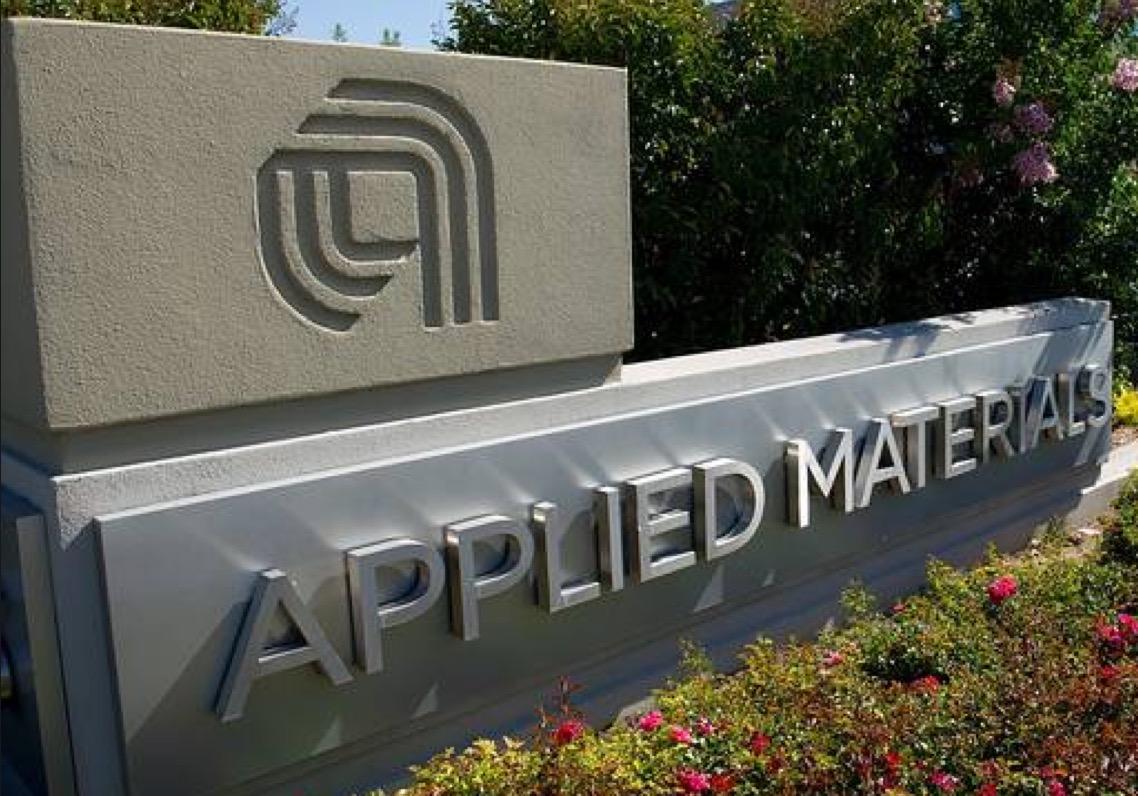Important Vs. Urgent in Investing
by Brad McMillan Commonwealth Financial Network
 I’m on the road today, traveling home from the Commonwealth Winners Circle conference in California. Besides hanging out with one of the nicest groups of people on the planet—the Commonwealth community—I got to have some fairly deep conversations about what financial advisors need, what investors need, and the problems both face in preparing for the future.
I’m on the road today, traveling home from the Commonwealth Winners Circle conference in California. Besides hanging out with one of the nicest groups of people on the planet—the Commonwealth community—I got to have some fairly deep conversations about what financial advisors need, what investors need, and the problems both face in preparing for the future.
My conference presentation was on worry—that is, what we should be worrying about and what we shouldn’t, from an investment standpoint. When I give a talk, the audience questions afterward often illuminate at least one area that I hadn’t fully considered. In this instance, that area was timing—specifically, what we may worry about versus what we have to act on.
How to know when it's time to act?
Consider the U.S. deficit and debt. Is it a problem? Yes, undoubtedly. Is it an immediate problem? No, not really. The question around pretty much every issue is not whether it is a concern, or even a major concern. It’s whether there is anything we can or should do about it at the moment.
This matters because, in the investment world, early can be wrong. For instance, anyone who left the market in 1995 over concerns about valuations would have missed several years of strong gains. Ditto for anyone who stayed out of the market in 2012 despite the recovery since the crisis.
A key to investment success (and success in general) is being able to estimate when important is moving into urgent. This is just what I try to do in my monthly economic and market risk updates, and for just that reason. You can think of the metrics I analyze as trip wires between “something to watch” and “something to act on.”
The challenge of forecasting the next crisis
It’s not that simple, of course. Some problems may never seem to become urgent but still need to be addressed. (Growing income inequality comes to mind.) Others may stumble along below the urgent threshold until all of a sudden they blow up into crisis. (Remember the housing market’s runaway appreciation?)
These sudden crises often have the biggest impact on investors and are what everyone tries to predict. Trouble is, we tend to focus on looking for new signs of the last crisis rather than signs of the new crisis that no one sees coming.
This is the set of ideas that underlies my presentation on worry. What should we worry about? Why? When should we start worrying and when should we stop? I walked away from the conference with a better feel for why those questions matter to investors. Stay tuned for a more in-depth discussion on this topic next week.
Commonwealth Financial Network is the nation’s largest privately held independent broker/dealer-RIA. This post originally appeared on Commonwealth Independent Advisor, the firm’s corporate blog.
Copyright © Commonwealth Financial Network













